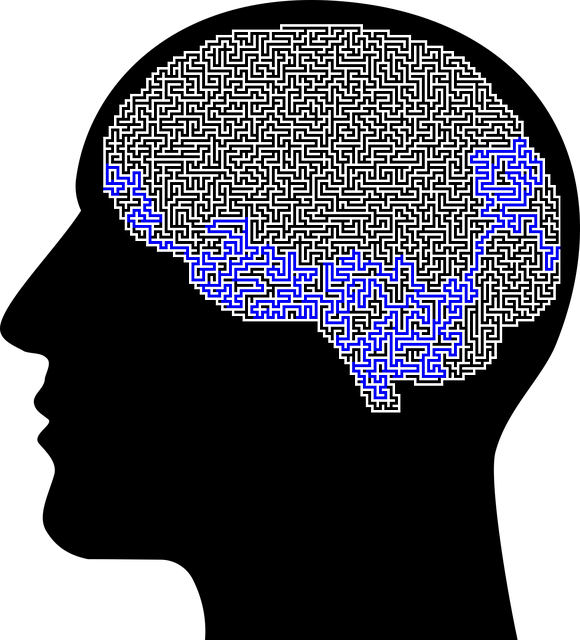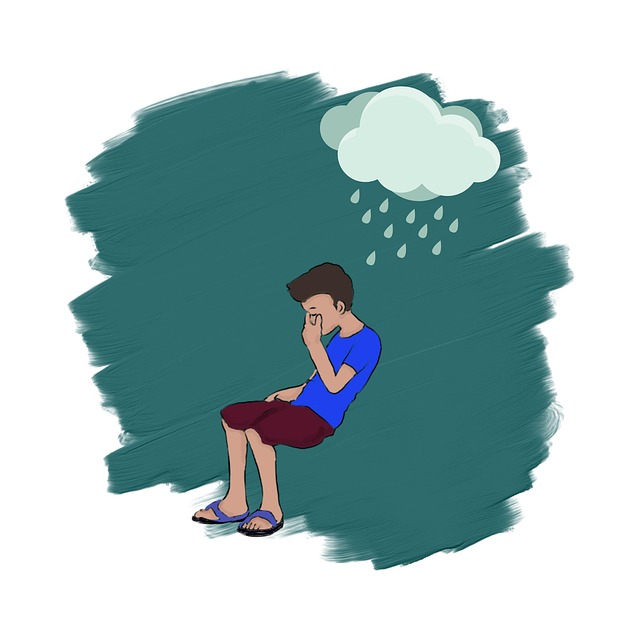Lone Tree blended families therapy faces unique mental health challenges due to complex family dynamics. An effective program should focus on mood management, inner strength development, and emotional intelligence promotion through interactive workshops, group discussions, and case studies. Aligning the curriculum with research ensures its effectiveness in teaching stress management, resilience, and relationship enhancement tools tailored to blended family contexts. Strategic planning, community support, and cultural sensitivity ensure the program resonates with diverse backgrounds and empowers participants to seek help.
Mental health within blended families is a complex yet vital topic, especially in today’s diverse society. This article explores the design of an educational program aimed at fostering resilience and well-being among these unique family structures. We delve into strategies for creating an engaging curriculum addressing mental health challenges specific to blended families, using Lone Tree Blended Families Therapy as a model. By examining implementation and support methods, we aim to highlight optimal impact approaches for such programs.
- Understanding Mental Health Within Blended Families
- Creating an Engaging and Comprehensive Curriculum
- Implementation and Support Strategies for Optimal Impact
Understanding Mental Health Within Blended Families

In the context of Lone Tree blended families therapy, understanding mental health dynamics is essential. These families often face unique challenges due to step-parents, half-siblings, and complex living arrangements. Educating family members about emotional well-being involves recognizing and addressing individual needs alongside fostering a collective sense of stability and support.
Program designs should incorporate strategies for mood management, emphasizing self-care practices and healthy coping mechanisms. Additionally, focusing on inner strength development can empower family members to navigate mental health hurdles. This might include teaching resilience, problem-solving skills, and promoting open communication to enhance emotional intelligence. Such approaches cater to the specific needs of blended families, aiming for a harmonious environment where every individual feels heard, valued, and supported in their mental health journey.
Creating an Engaging and Comprehensive Curriculum

Designing a mental health education program requires a blend of rigor and relevance to capture participants’ attention and ensure knowledge retention. A comprehensive curriculum for Lone Tree Blended Families Therapy should integrate various components, such as interactive workshops, group discussions, and self-reflection exercises, to cater to diverse learning styles. Incorporating real-world examples and case studies can make complex concepts more accessible and engaging.
Emotional Intelligence stands out as a cornerstone in mental wellness coaching programs development, teaching individuals to recognize and manage their emotions effectively. By weaving this concept into the fabric of the curriculum, participants gain valuable tools for navigating stress, building resilience, and enhancing relationships. Aligning the program with current research and best practices ensures its relevance and effectiveness, fostering an environment where mental health is prioritized and supported within blended families.
Implementation and Support Strategies for Optimal Impact

Implementing a mental health education program within communities, especially those with diverse populations like Lone Tree blended families, requires strategic planning and support systems for maximum effectiveness. One key strategy is to tailor the program to suit the specific needs and cultural contexts of the target audience. This involves integrating Cultural Sensitivity in Mental Healthcare Practice to ensure that the educational content resonates with different cultural backgrounds, languages, and beliefs. For instance, when addressing mental illness stigma reduction efforts, culturally responsive approaches can help break down barriers and foster open conversations.
Community partnerships and collaboration play a pivotal role in successful implementation. Engaging local organizations, schools, and community leaders can facilitate program promotion, access to resources, and ongoing support for participants. Additionally, incorporating interactive workshops, group discussions, and real-life case studies can enhance learning outcomes. These strategies not only foster Coping Skills Development but also create a safe space where individuals feel empowered to seek help and support one another, ultimately reducing the impact of mental health challenges within blended family systems.
Mental health education programs, such as those designed for Lone Tree blended families, are powerful tools to foster resilience and well-being. By creating an engaging curriculum that addresses the unique dynamics of blended households, we can equip families with valuable skills to navigate challenges and strengthen their connections. Implementation strategies, including professional training and ongoing support, ensure these programs make a lasting impact, promoting healthier and happier blended families in Lone Tree and beyond.














